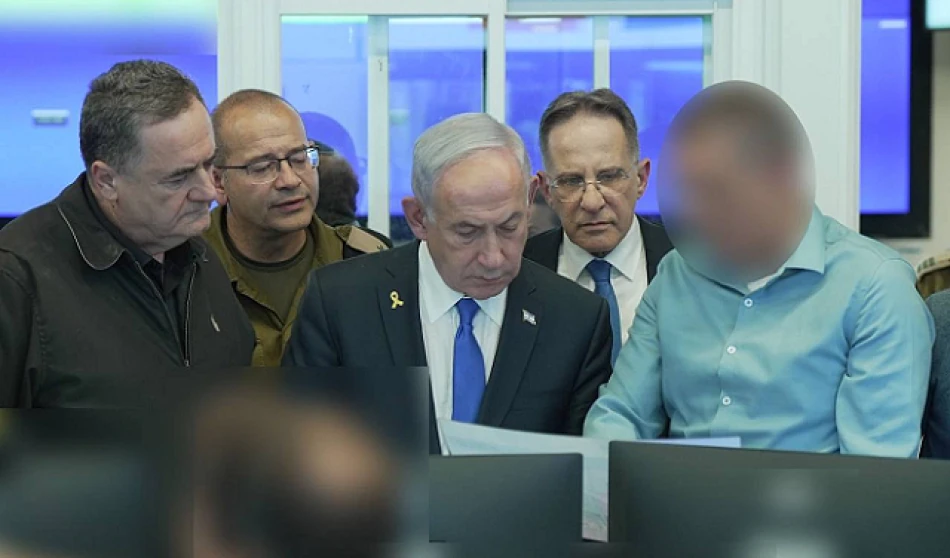
Israel Vows: Jewish Blood Will Never Be Spilled in Vain Since State's Founding
Netanyahu Claims "Perfect Execution" of Doha Strike, Vows No Immunity for Hamas Leaders
Israeli Prime Minister Benjamin Netanyahu declared that a recent attack in Doha was executed "perfectly," marking a significant escalation in Israel's campaign against Hamas leadership beyond Gaza's borders. The operation signals Israel's willingness to pursue targets internationally, potentially reshaping the dynamics of the ongoing conflict and raising questions about regional security arrangements.
Direct Threat to Hamas Command Structure
Netanyahu's statement represents a clear departure from Israel's traditional policy of maintaining plausible deniability for operations abroad. His explicit acknowledgment comes after what he described as preparations for targeting Hamas leaders following recent Gaza operations and a bus station attack in Jerusalem.
"Since the establishment of the State of Israel, Jewish blood does not go to waste," Netanyahu declared, invoking historical rhetoric that frames the operation within Israel's broader security doctrine. The Prime Minister emphasized that Hamas leaders "no longer have immunity," suggesting a systematic campaign rather than isolated incidents.
Strategic Timing and Operational Opportunities
The Israeli leader indicated that the operation was launched when an "operational opportunity" presented itself, highlighting the calculated nature of the strike. This approach mirrors Israel's historical pattern of patient intelligence gathering followed by precise action, reminiscent of operations like the targeted killings of Palestinian militants in European capitals during the 1970s and 1980s.
Symbolic Targeting Strategy
Netanyahu specifically noted that Hamas leaders were attacked "in the place where they celebrated" the October 7 attacks, adding a symbolic dimension to the operational logic. This targeting philosophy suggests Israel is not merely pursuing tactical objectives but also sending psychological messages about consequences for celebrating attacks on Israeli civilians.
Regional Implications and Diplomatic Fallout
Conducting operations in Doha carries significant diplomatic risks, given Qatar's role as a mediator in regional conflicts and its hosting of various political offices, including Hamas representatives. The Gulf state has traditionally maintained delicate balancing acts between different regional powers, and such incidents could complicate its mediation efforts.
This development parallels previous tensions between Israel and countries hosting Palestinian political figures, such as the diplomatic crises that followed alleged Mossad operations in Dubai and European capitals. However, the current regional alignment, with several Arab states having normalized relations with Israel through the Abraham Accords, creates a different diplomatic landscape than in previous decades.
Escalation Calculus and Long-term Strategy
Netanyahu's public acknowledgment suggests confidence in Israel's ability to weather diplomatic consequences while achieving strategic objectives. This approach indicates a belief that demonstrating reach and resolve outweighs potential backlash from host countries or international partners.
The operation fits within Israel's broader strategy of dismantling Hamas's military and political infrastructure, extending the campaign beyond Gaza's physical boundaries to target the organization's leadership wherever they operate. This represents a significant escalation in scope, potentially setting precedents for future conflicts in the region.
Most Viewed News

 Sara Khaled
Sara Khaled






